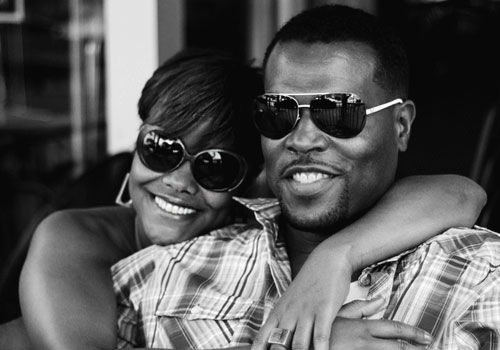When did it get so hard to meet people you are compatible with? You’d even want to ask yourself a little bit more for the 57th time bearing in mind that we live in world which has dynamic forms of communication and devolved channels of interactions unlike few years ago.
Compatibility is made up of a multitude of things in different forms. Similar and dissimilar interests, personal views on what a relationship actually is, political and philosophical views, past history, class and cultural background are all aspects that can play a part in compatibility.
Based on this, it’s unlikely that a vicar and a pole dancer would enter into a relationship because many of their views and beliefs would be entirely opposed. In the same way, an animal-loving Indian vegetarian living in Parklands, Nairobi is unlikely to be compatible in the long-term with a Maasai pastoralist, somewhere in Kajiando county . They would probably actually repel each other for very obvious reasons.
However, while compatibility is an alliance of values between couples, it doesn’t mean people must be similar to get along. We all know the phrase “opposites attract,” and most of us can probably think of a few examples.
Two people can be worlds apart in terms of their likes and dislikes and yet still be able to have
meaningful and often long-lasting relationships.
Differing views aren’t necessarily a bad sign, and within a healthy relationship, a couple should be able to debate and disagree without it being a significant issue.
There’s also the argument that conflict is good for relationships as well. One part of a healthy, lasting relationship that likely does depend on a similar viewpoint, is how people themselves see relationships. We all have different views on time lengths, significance, marriage and children, and it’s pretty likely that if a couple has deep, conflicting views on these subjects, a relationship is unlikely to progress and succeed without someone changing his or her mind.
Compatibility is overrated, there is no difference in the objective level of compatibility between couples who are unhappy and those who are happy. But, the unhappy ones think compatibility is important to a good marriage – but don’t think they have it.
People overemphasize the effect of personality or values. And they underemphasize the extent to which easy, congenial temperaments aid marriages.







